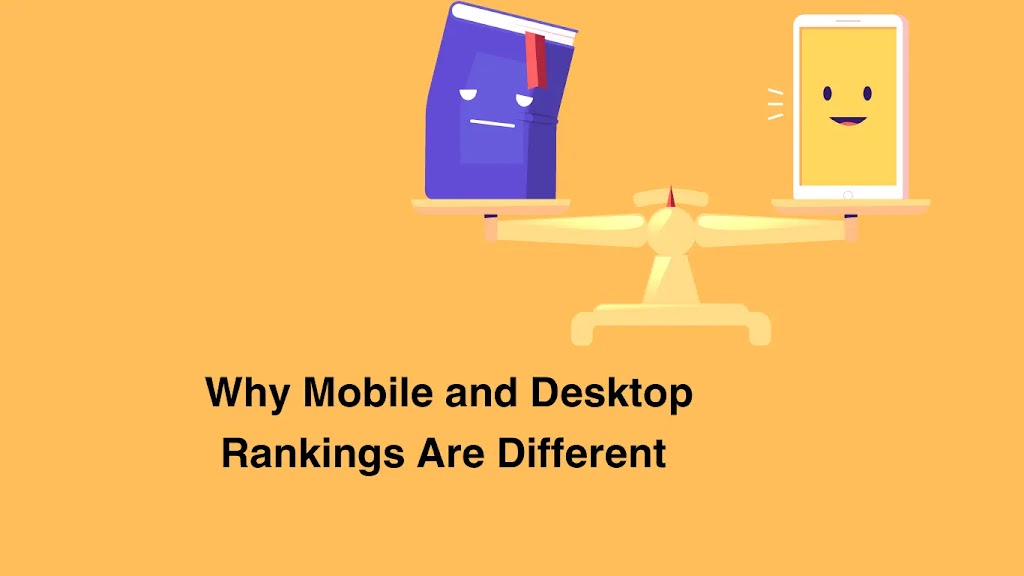John Mueller from Google highlights the reasons why mobile and desktop search results can vary as well as the factors that often affect those rankings.
John Mueller from Google provided an interesting response to the subject of why search ranks on desktop and mobile devices can vary. Mueller provided a number of personalization-related factors to explain why the two types of searches can occasionally differ from one another.
Why Do Rankings for Desktop and Mobile Search Differ?
The individual who asked the question wanted to know how to identify the possible causes of a site’s potential poor mobile search performance.
This is the query:
“Why… When mobile first indexing has already been implemented, how are desktop and mobile ranking different?
John Mueller from Google made the distinction between indexing and ranking.
There is no guarantee that the desktop and mobile versions will be ranked equally just because we are using a mobile-first indexing environment.
Mueller:
Therefore, the technical part of indexing the information is specifically what mobile first indexing is all about.
Additionally, we index the information using a mobile Googlebot.
However, even after the material is indexed, the ranking side remains (sort of) entirely distinct.
Rankings on desktop and mobile devices are contextually personalized
Mueller continued by describing how, in some cases, the searcher’s background and the device being utilized can affect rankings.
He clarified that varied user needs for various queries depending on the device can affect rankings.
Mueller elucidated:
Additionally, it is typical for desktop and mobile ranks to differ.
That occasionally applies to aspects like speed.
That applies occasionally to issues like smartphone friendliness.
That applies occasionally to the various components displayed on the search results page as well.
For instance, if you’re looking on your phone while you’re on the road, you might want more local information.
On the other hand, if you’re searching on a desktop, you might prefer more photos or videos to be displayed in the search results.
As a result, we frequently display a unique combination of various search result categories.
And as a result, it is possible for individual pages to have different visibility or rankings on mobile and desktop.
And it is basically typical. That is a component of our ranking process.
I wouldn’t claim that it has anything to do with the technical aspects of indexing the content.
Mobile and Page Speed as Ranking Differentiators
The original questioner then inquired more about diagnosing these ranking discrepancies.
He enquired as to whether lower mobile ranks are a sign that mobile page speed issues are to blame.
Mueller from Google responded:
“Mobile friendliness is unquestionably a consideration.
There might be additional elements at play, particularly in relation to mobile and desktop.
These are essentially the distinctions between mobile and desktop search results that are constantly present.
We use different settings essentially for customisation whether it’s a different device or connection to the Internet in some cases.
Ranking Variation Is Resulted from Personalization
According to Google’s John Mueller, mobile indexing is only indexing and not a component of the algorithm that determines rankings.
Additionally, he disclosed that personalisation contributes to the sporadic variations in search rankings between desktop and mobile queries.
According to Mueller, a user’s needs on a mobile device could differ from those of a user on a desktop device.
Therefore, it may be helpful to understand why the top-ranked sites’ mobile versions could be preferred over the lower-ranked pages in the context of a mobile device and personalization if one is seeking to diagnose why there are disparities in ranking between devices.
There might be hints there to help identify the problems.

